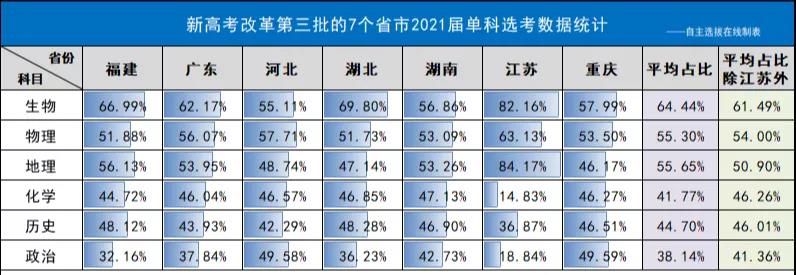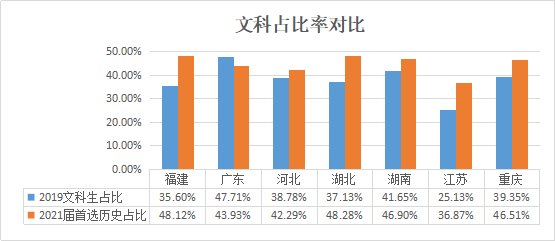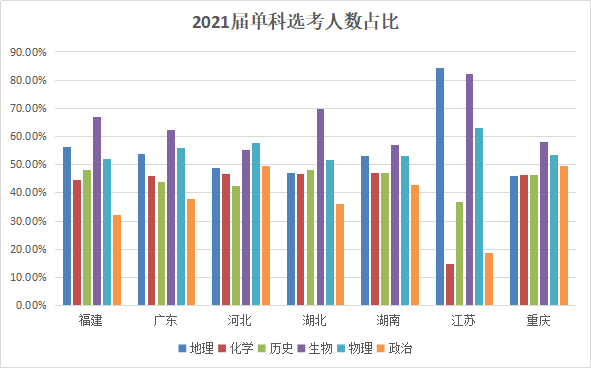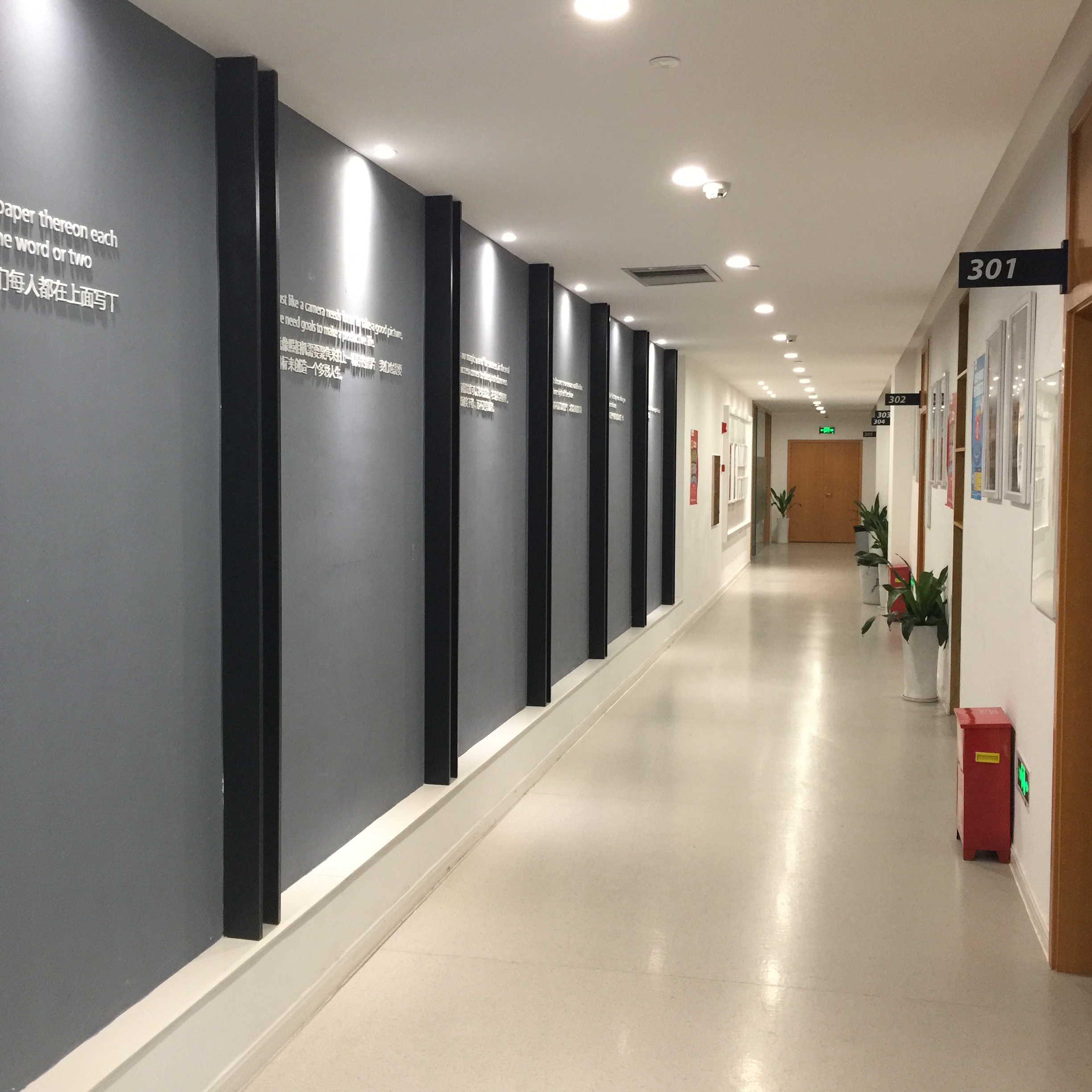导读:三年级的英语还比较简单,一定要把学的单词记好,单词读音要读准。固定的对话,句型也要记好。基础打好了以后学起来就比较容易。要做到每天坚持复习,
多听,多阅读,多朗读, 还要多看英语节目/听英语歌.
这些都对,但是另外最重要的是家长一定要创造好的环境,帮助小孩养成好的学习习惯,本篇整理了英语形容的相关用法,分享给学生进行学习和理解。
1. 限定用法:形容词紧靠着〔代)名词,直接修饰该〔代)名词。
(1) 前位修饰:
(A) 字尾为en或表比较的形容词,大多只能作限定用法,放在名词的前面。
a wooden leg; earthen ware; his elder sister; the upper room, etc.
(B) 下列这些形容词只有限定用法,没有叙述用法。
upper; former; latter; outer; inner; utmost; mere; only; utter; main;
certain; very; live; spare;
(C) 形容词前有so; no; too; how等字时,不定冠词应放在形容词之后。
He could not do it in so short a time.
He is no less remarkable a man than his elder brother (is).
(2) 后位修饰:
(A) 名词之后的数词+名词+old; long; high; wide; deep; etc.
a man eighty-five years old; a river two hundred miles long;
(B) 为加强语气或音调美,而将限定形容词放在后面。
He had a face thin and worn, but eager and resolute.
(C) something; anything; everyone; anybody... + 形容词。
I'll tell you something very important.
That's nothing new.
D) 由形容词子句省略主词和动词而不的过去(或现在)分词或形容词片语。
I have answered all the letters (which were) received (by me).
Alfred was a king anxious for his people's welfare.
2. 叙述用法:形容词作补语,间接地修饰〔代)名词。
He was awake all the night. 〔主词补语)
The noise kept me awake. 〔受词补语)
注:可作限定用法和叙述用法的形容词。
I have many trustworthy friends. 和 All of my friends are trustworthy.
It was a hot and sultry day. 和 The weather became hot and sultry.
3. 作补语的形容词:
(1) be+形容词+介系词:由此结合而成的片语,有些等于及物动词。
I am fond of skiing. = I like skiing.
He is afraid of it. = He fears it.
注:其他如:be capable of; be concerned with; be (un)familiar with (to); be late
for; be subject to; be worthy of; etc.
(2) 某些已转化为形容词的过去分词,其后通常接at; about; with; in; of等介词。
John is interested in English grammar.
He was surprised at her behaviour.
(3) be+形容词+介系词:可接〔代)名词,动名词,或名词子句,但名词子句若是that子句须省略介词,因that子句不可直接作介词的受词。
She was not aware of the facts.
She was not aware (of) how much her husband earned.
She was not aware that there is danger.
(4) It+ be +形容词+that子句
It is true that she never came.
此类形容词有:certain; likely; obvious; plain; possible; true; etc.
(A) that子句中的假设法。
It is appropriate that he (should) get the post. (should可省略〕
(B) 人称形容词亦可接其他连接词引导的子句。
I'm not sure why he came.
I'm not clear where she went.
4. 有关worth; worth while; worthy的句型 如下:
(A) 主词(含it) + be worth + (动)名词
(B) It(虚主词) + be worth while + 不定词或动名词
(C) 主词 + be worthy + of + (动)名词
主词 + be worthy + 不定词
his book is worth reading. (= It is worth while to read this book. = This
book is worthy of reading. = This book is worthy to be read.)
5. like和as: like只能作介词不能作连接词; as则两者都可。
I hoped to succeed as you have (succeeded).
I hoped to succeed like you.
I hope to succeed *like you have. (like作连词是非正式的用法)
延伸阅读
2018长沙人教PEP三年级英语上册一单元单词表
2018长沙人教PEP三年级英语上册二单元单词表
2018长沙人教PEP三年级英语上册三单元单词表
2018长沙人教PEP三年级英语上册四单元单词表
2018长沙人教PEP三年级英语上册五单元单词表
2018长沙人教PEP三年级英语上册六单元单词表





















 京公网安备11010802021790号
京公网安备11010802021790号









 学习资料
学习资料
